Dryewater | Interview | A Hidden Gem Rediscovered After 40 Years
Just when you thought every forgotten gem from the private press sector had been dusted off and tossed aside, Noble Records comes along and flips the script with a reissue of ‘Southpaw’—that raw, unpolished hard rock nugget from Dryewater, a band that rolled out of Charlotte, NC, back in ’74.
Born from the gritty late ’60s club scene—where dives like Phantasmagoria dripped with sweat—Dryewater smashed together electrifying riffs and gut-wrenching lyrics, creating a sound that screamed Charlotte burnout rock in all its glory.
The band, with Richard Drye laying down the guitar and lead vocals, Shaye Drye tickling the ivories and adding her own haunting voice, Robert Blair on bass, and Garland Walker Stidham pounding the drums, knew how to capture the chaos of life. ‘Southpaw’ captures the raw energy of the band. Nine of the ten tracks were recorded in a single day at Harry Deal’s Galaxy Studio in Taylorsville, while ‘Winterground’ was laid down at Arthur Smith Studio in Charlotte, with the entire album mixed at Reflections Studio.
But, like so many others in that era, Dryewater couldn’t catch a break. Unfortunately they struggled to gain the exposure and eventually disbanded. Richard’s untimely death in 1992, coupled with Bo’s tragic battle with alcoholism, marked a sad ending. Yet here’s Shaye Rhodes, still standing, reflecting on the bonds forged in the fire of youth and the bittersweet legacy of their wild ride.
This interview will be featured as part of the liner notes in the upcoming Noble Records release. The reissue is all analog, AAA, straight from the tapes, and includes a bonus track—an extended track never before released on vinyl. It’s pressed at Quality Record Pressing on 180-gram vinyl and comes with high-quality Stoughton Tip-on Jackets. The release also includes a 12-page booklet featuring never-before-seen photos and an interview with Shaye Drye.
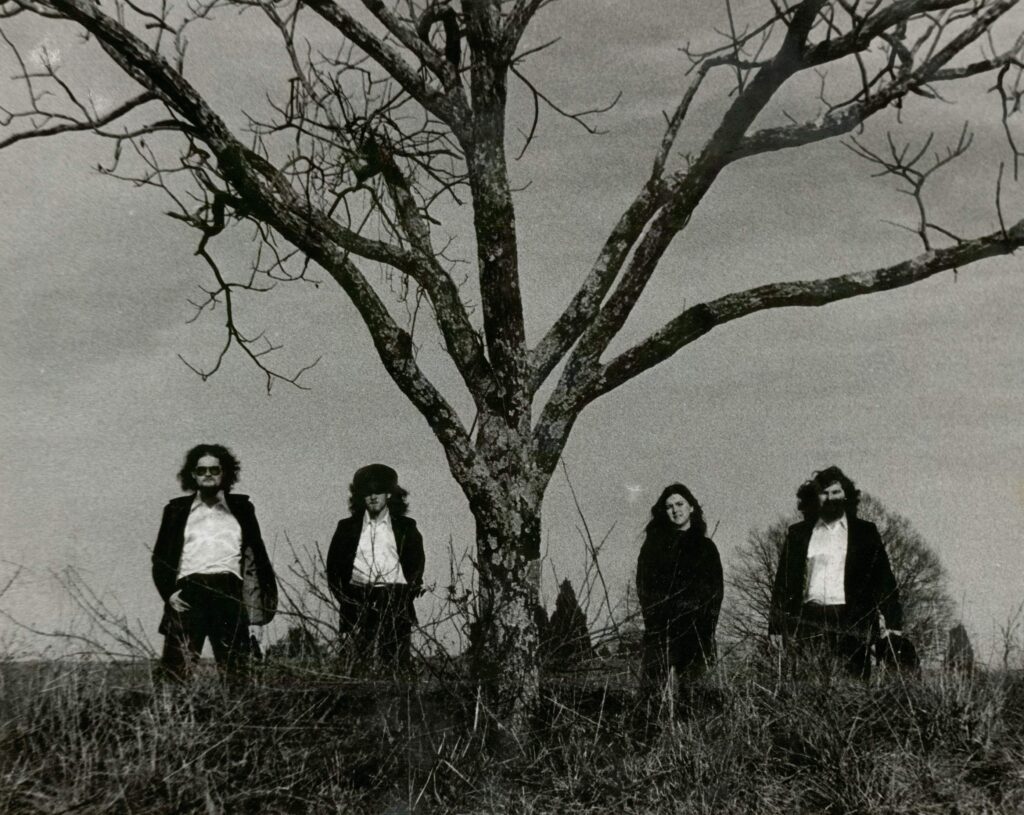
“We just wanted to hear and save our music”
How did you first get interested in music, and what were some of the early influences that sparked your interest?
Shaye Rhodes: My earliest influence was Elvis Presley. I started taking piano lessons in the 5th grade and continued through high school. My greatest influence was the Beatles.
Would you like to share about your upbringing? Where did you grow up, and what was daily life like during your teenage years?
I grew up in High Shoals, NC. My teenage years were pretty typical. I saw Jimi Hendrix three times as a teenager.
What was the scene like back in the late 60s in Charlotte, NC?
There were several clubs where local groups played—Phantasmagoria, Purple Pigeon, and The Cellar were a few of the clubs that we visited. The Music Scene was where we bought and traded our musical instruments. We also bought some instruments from Reliable Music.
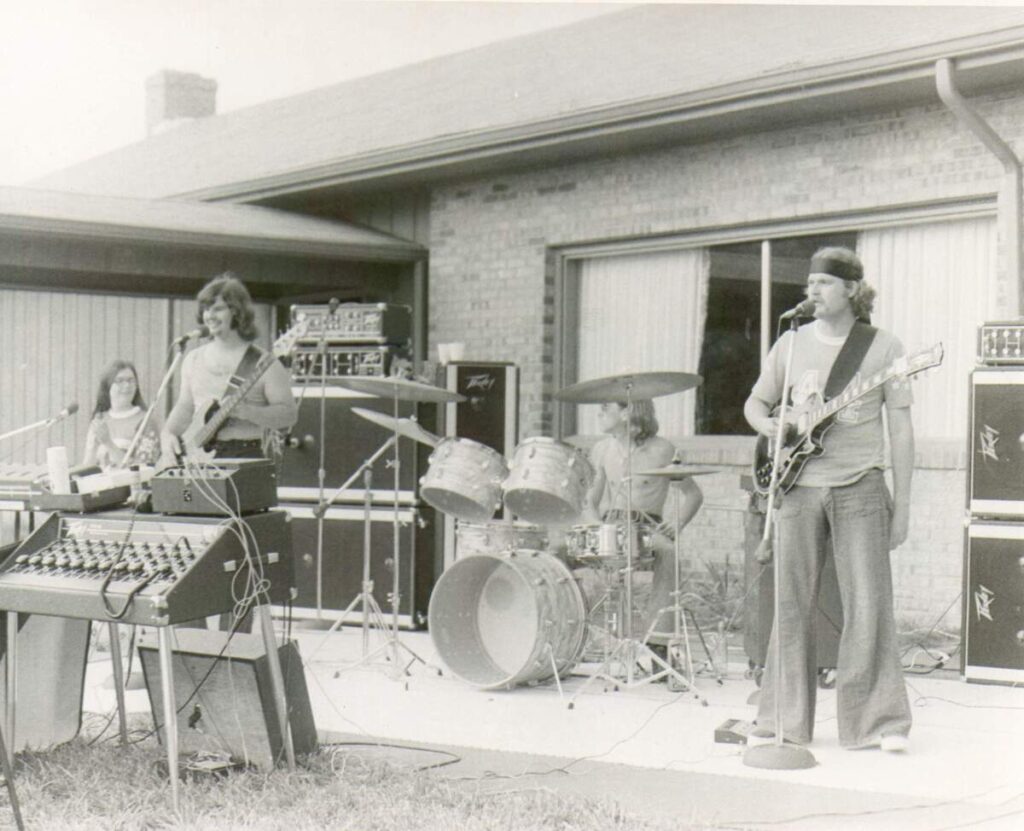
How did you originally meet the members of the band Dryewater?
I married Richard Drye in 1970. He was in the Army, so we moved to East Point, Georgia, for him to finish up his tour. Richard grew up in Marietta, GA, before moving to Lincolnton, NC, in 1968. He went to visit some of his old friends in Marietta, and that is how Dryewater got started. The first members were Richard on lead guitar and lead vocals; Tommy Imes on rhythm and alternate lead guitar and backup vocals; Keith Barfield on bass guitar; and PJ Varner on drums. The three guys gave Richard a choice for the name of the band: either “Rubber Hump Dogwood” or “Dryewater.” He hated Rubber Hump Dogwood, so he went with Dryewater. The band only played together at a venue once, and that was at the Lincolnton Recreational Center in Lincolnton, NC. The band broke up after Richard was out of the service and returned to NC.
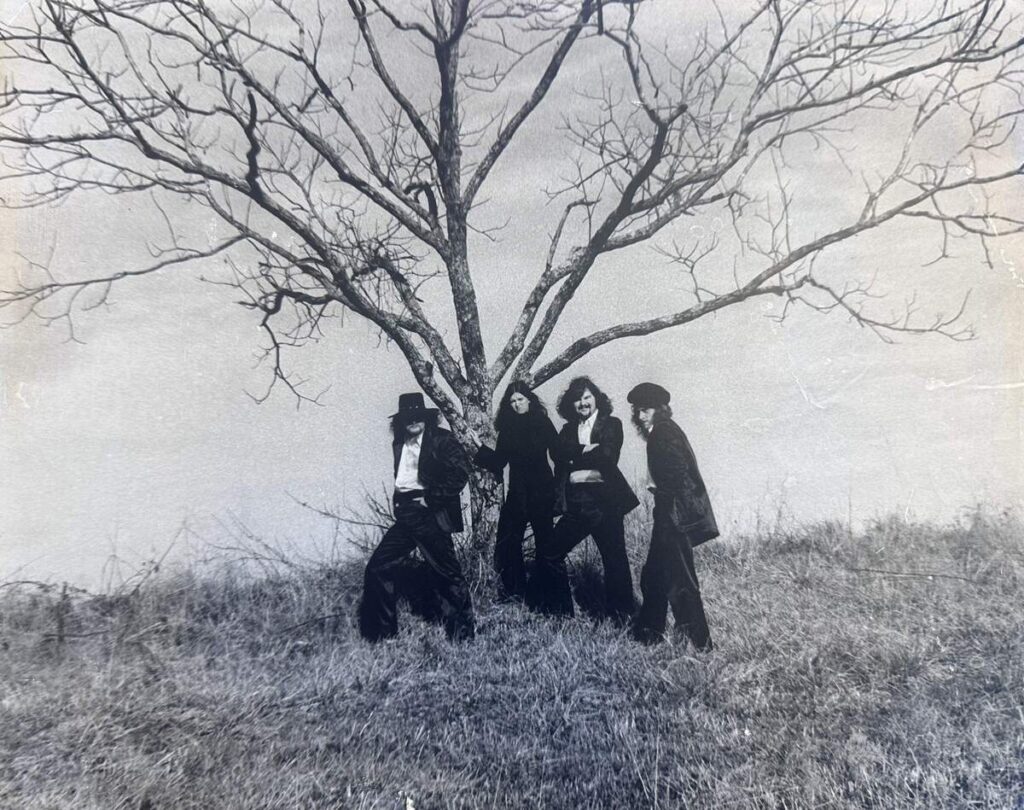
When we got back to NC, he put together Dryewater with me on piano, Richard on lead guitar and vocals, Bo Stidham on drums, and Clyde Derberry on bass and vocals. This band played once at the National Guard in Lincolnton, NC. Clyde Derberry was replaced with Robert Blair, and that was the Dryewater that recorded the album. The Dryewater that recorded the album played a few gigs before Robert Blair quit the band. We did not replace him, but I bought a Rhodes piano bass, and Dryewater became a three-piece. We started covering top 40 songs and had various changes with the drummer. We stopped playing in 1980.
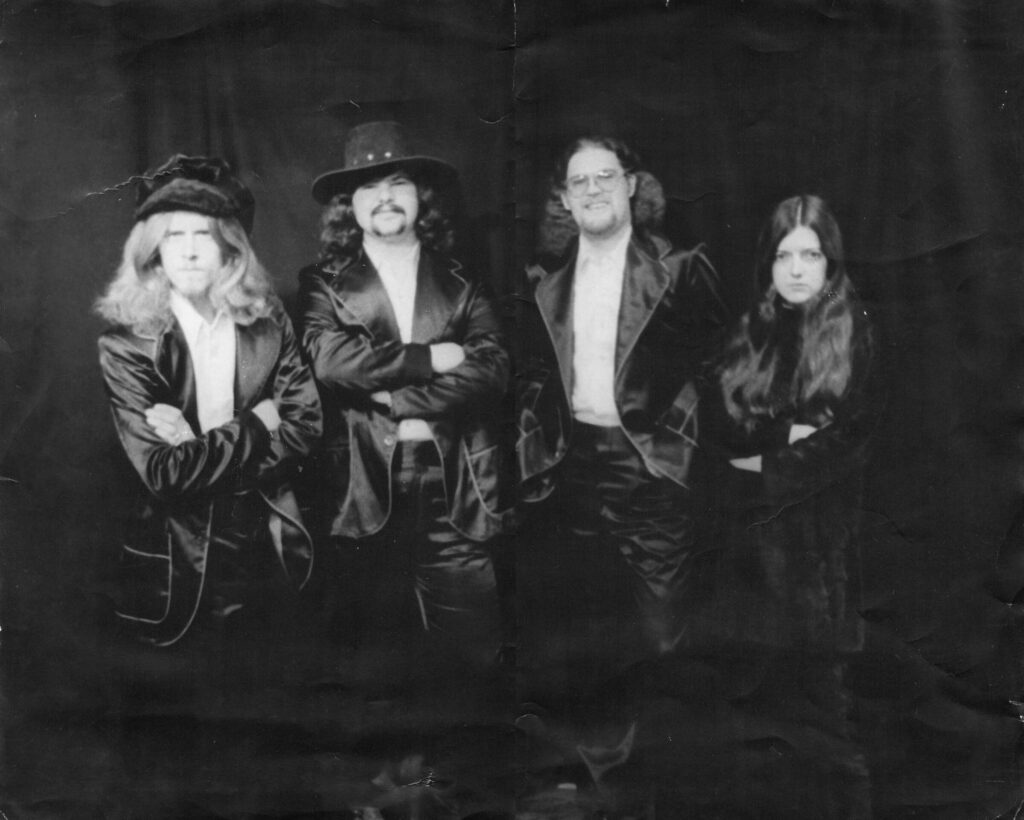
Were you or any other members of the band in any other bands before that? Any recordings of that, perhaps?
Richard was in several bands: Echoes, Beach Nuts, Misfits, Olympics, Jay Dees, Unique Patriots, Strange Daze, Nightrider, TNT, Group Therapy, Rastus Bodine, Mixed Bag, and Breddon Water. I was in two bands, playing organ and piano, called Rastus Bodine and Nightrider. I’m not aware of any other bands that included Bo Stidham. Robert Blair was in several bands after Dryewater, but I don’t remember the names. To my knowledge, there were no recordings done for any of these bands.
Did you have some favorite hangout places? Did you attend a lot of gigs back then (speaking when you began your Dryewater band)?
The Cellar, Park Center, and the old Charlotte Coliseum. We saw several groups, including Led Zeppelin.
Did you have a certain idea or even a concept behind the band and what kind of music you wanted to play?
We all wanted to play original songs but had to work up some covers to get booked in local clubs.
Tell us about your instruments, amplifiers, and other gear you had in the band.
Richard had several guitars but played his 1970 Gibson Les Paul for the first few years and then bought a 1974 Fender Telecaster Deluxe and played it the most with his Fender Twin Reverb and Bandmaster cabinet. I had a Doric organ and Wurlitzer piano when I began playing. When I joined Dryewater, I got an Alesis organ/piano, Hohner Clavinet, Rhodes piano bass, Leslie amp, Peavey bass amp, and Peavey Session 400. Bo played a set of Slingerland drums. Robert Blair played a Fender Precision bass and an amp (which I can’t recall what kind it was).
As far as I understand, you were pretty much a DIY band. Did you have any manager at the time?
My brother, Tom Bowen, was our manager for a couple of years.
What led to the decision to record an album?
We just wanted to hear and save our music.
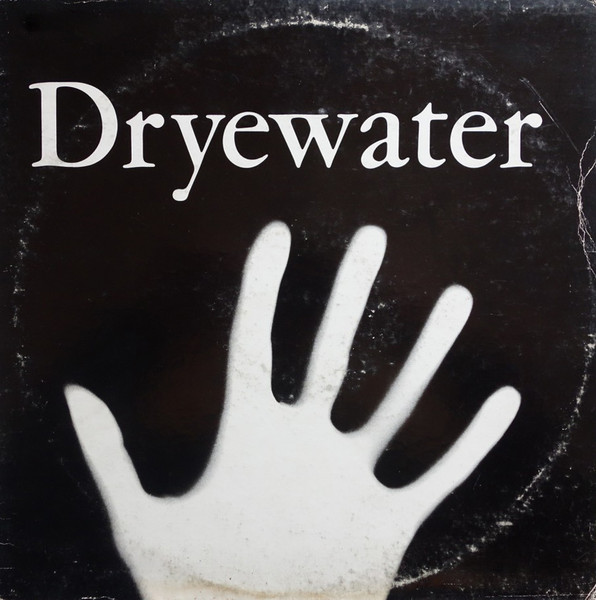
Where was ‘Southpaw’ recorded? What are some of your strongest memories from working on it?
Nine of the ten tracks were recorded at Harry Deal’s Galaxy Studio in Taylorsville in one day. ‘Winterground’ was recorded at Arthur Smith Studio in Charlotte. It was mixed at Reflections Studio. I loved how it turned out—the singing was the hardest part for me, but we made it through somehow.
What made you name it ‘Southpaw’?
Richard named it after me because I was left-handed. My hands were too small for the album cover, so he took a picture of his left hand.
Would you share your insight on the album’s tracks?
‘Winterground’ – It was a song about being alone.
‘Trouble’ – It was a feel-good song.
‘Give Yourself Time to Live’ – It was a life-affirming song.
‘Don’t Let Her Sleep Too Long’ – It was a sad song about a brother and his sister.
‘Let Me Take You’ – It was inspired by Led Zeppelin.
‘Thunder’ – It was a sad song about people trying to keep their sanity.
‘See Them Run’ – I don’t really know what this song is about.
‘Revelation’ – It is about Jesus coming back to earth. It was based on the book of Revelation.
‘Set Out On The River’ – Again, I don’t know what this song is about.
‘After All (I Ain’t Sleepy)’ – This was the ending to our album. It was to showcase Richard’s guitar playing and singing.
How many copies were originally pressed?
500.
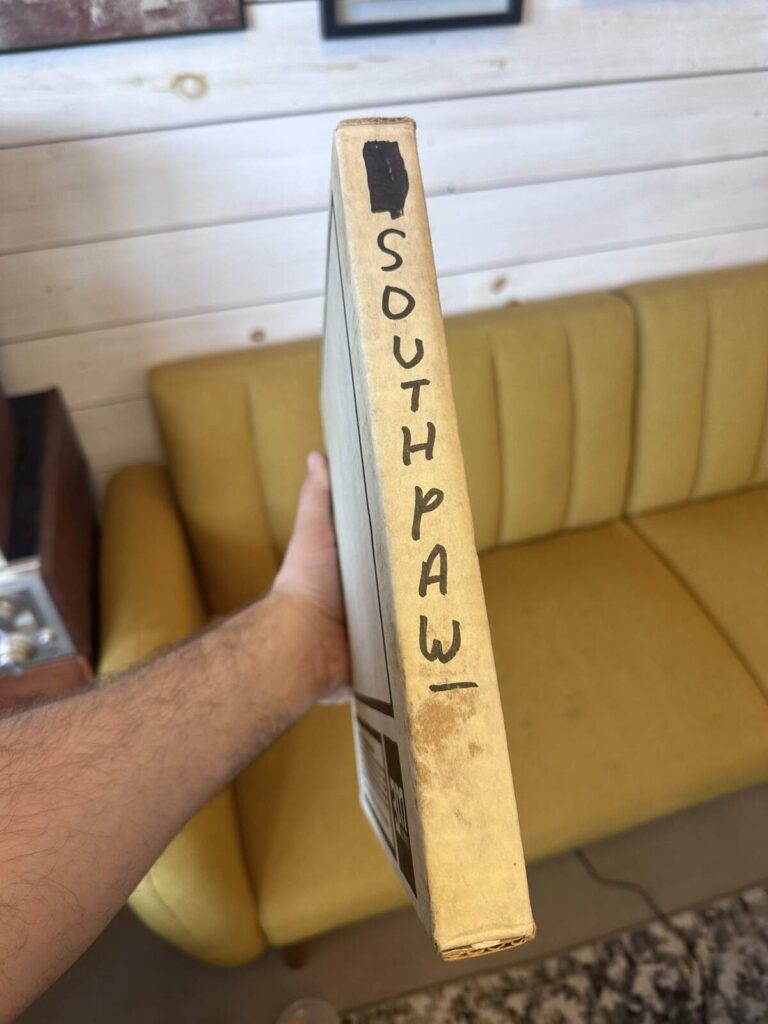
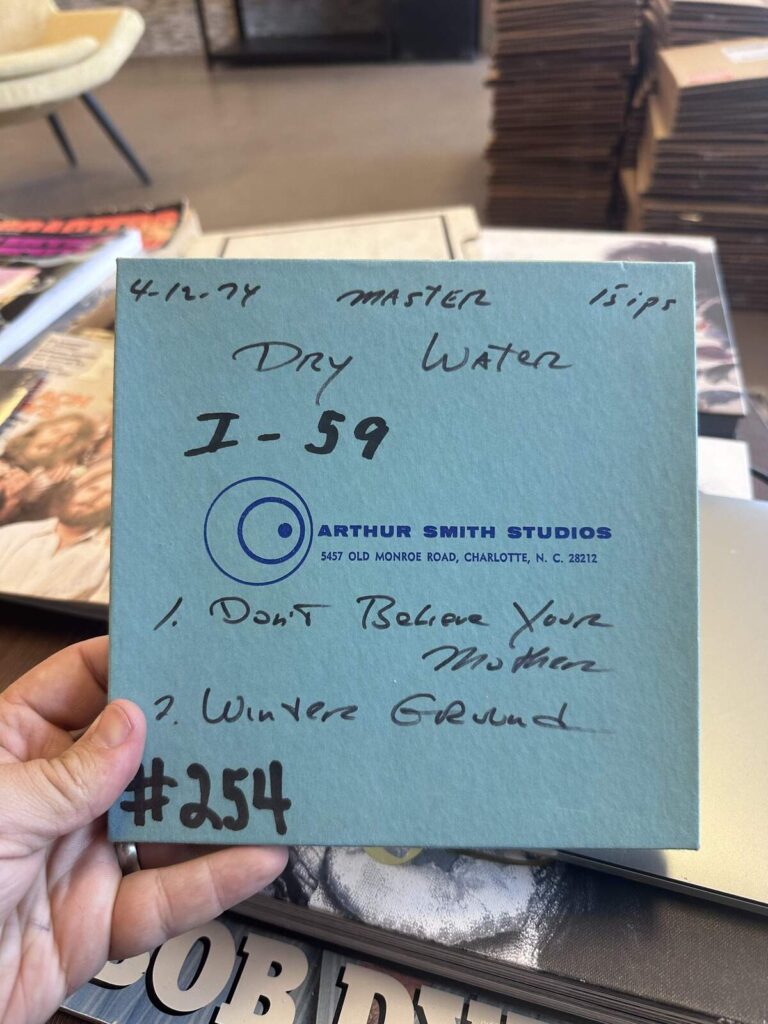
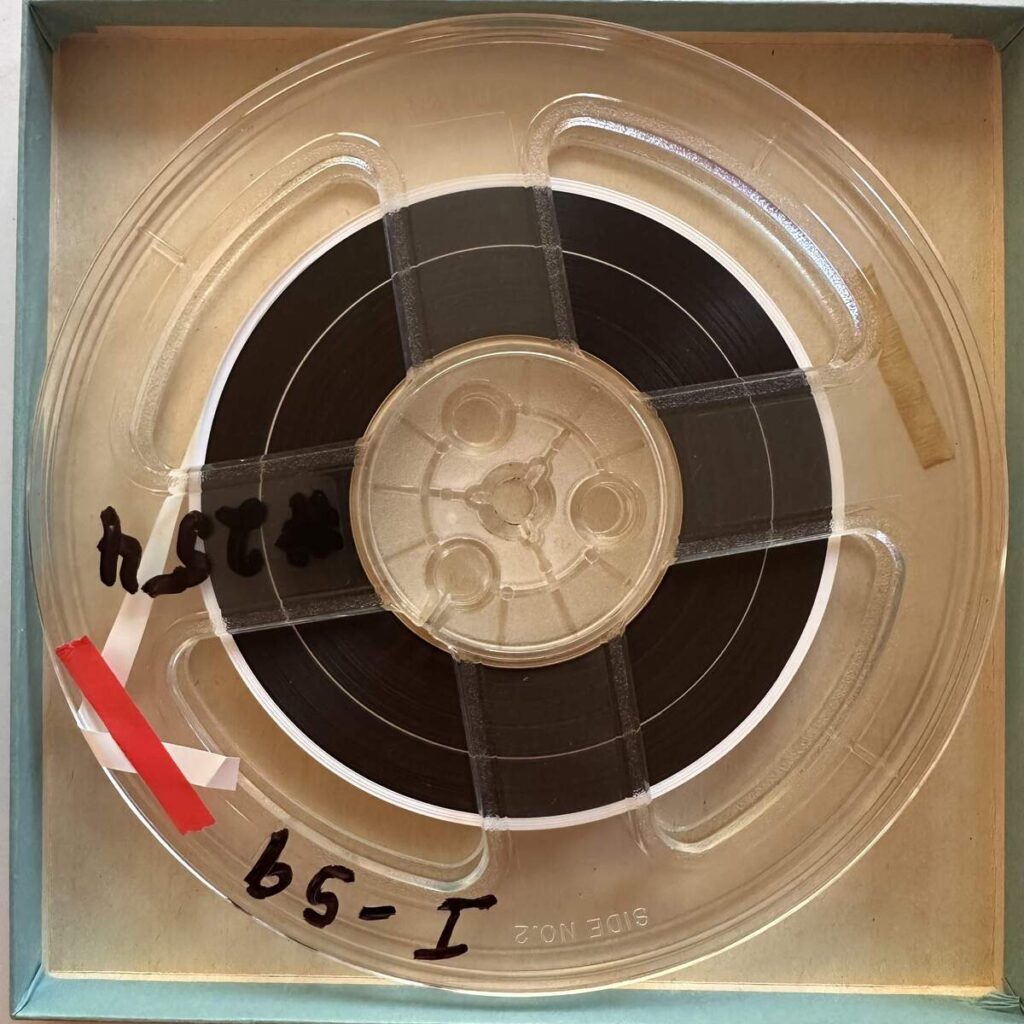
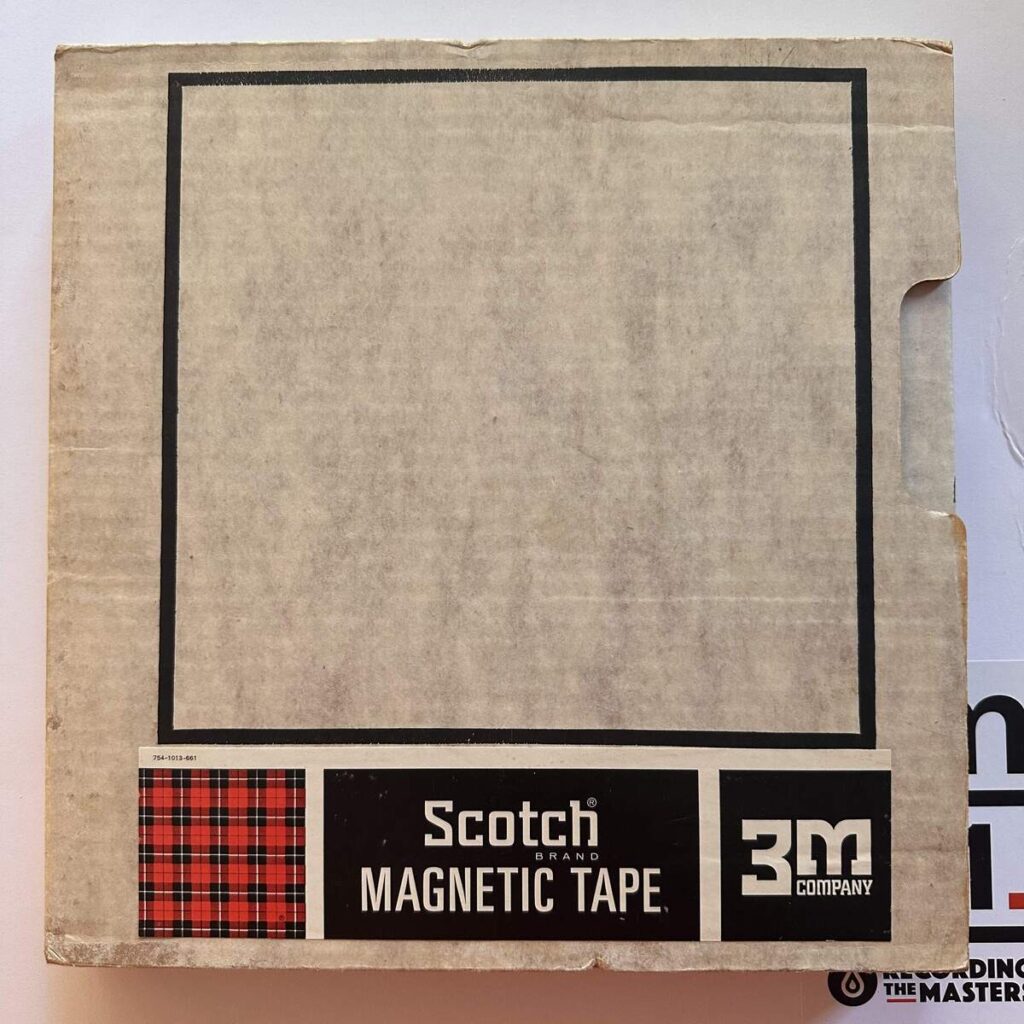
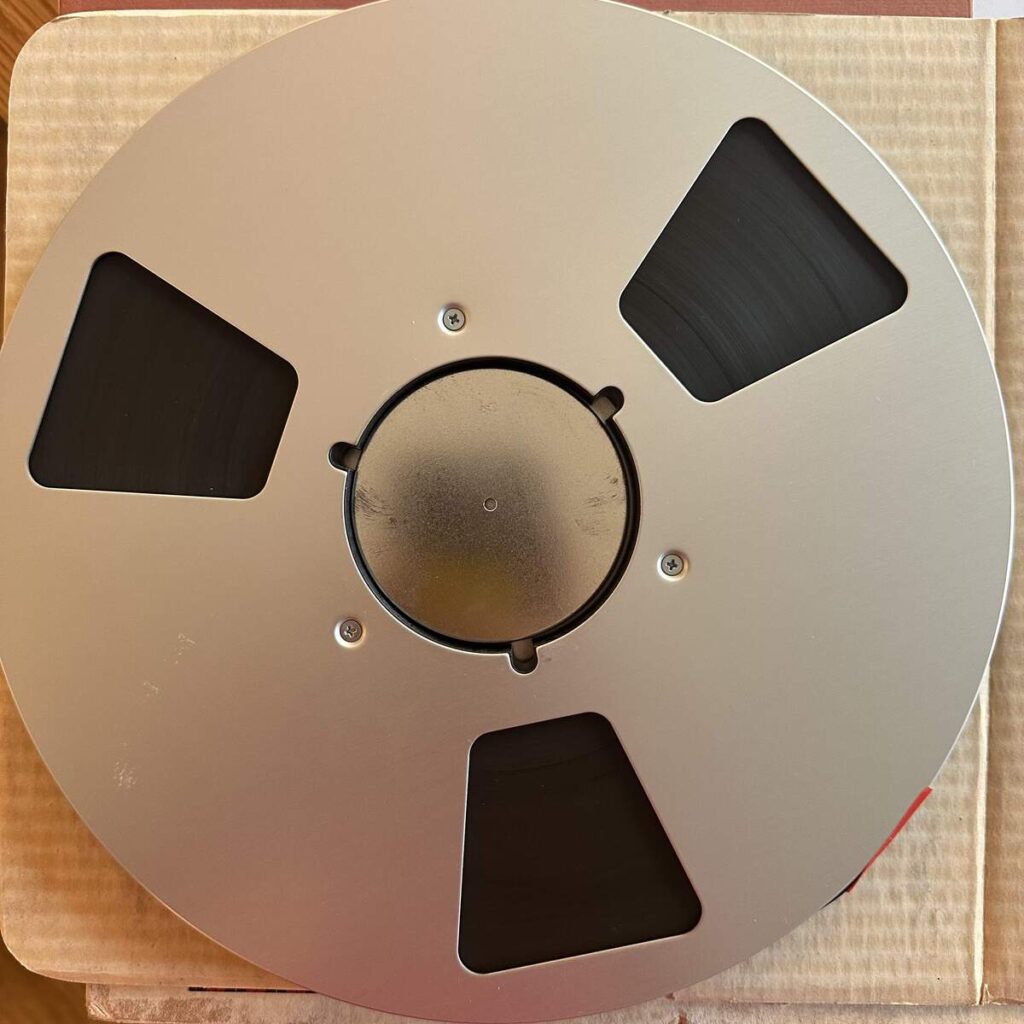
Did you send any to radio stations or labels? Did you get any airplay or feedback?
We did send some to labels and got the standard rejection letters.
How did you sell the records? At local shows?
We gave away a lot of the records to fans. We sold several to people who requested copies, but that was several years after the band had broken up and we were no longer playing live shows.
What are some of the bands you shared stages with?
Dryewater always appeared alone.
What would be the craziest gig you ever did?
See no. 25 about the Charleston gig.
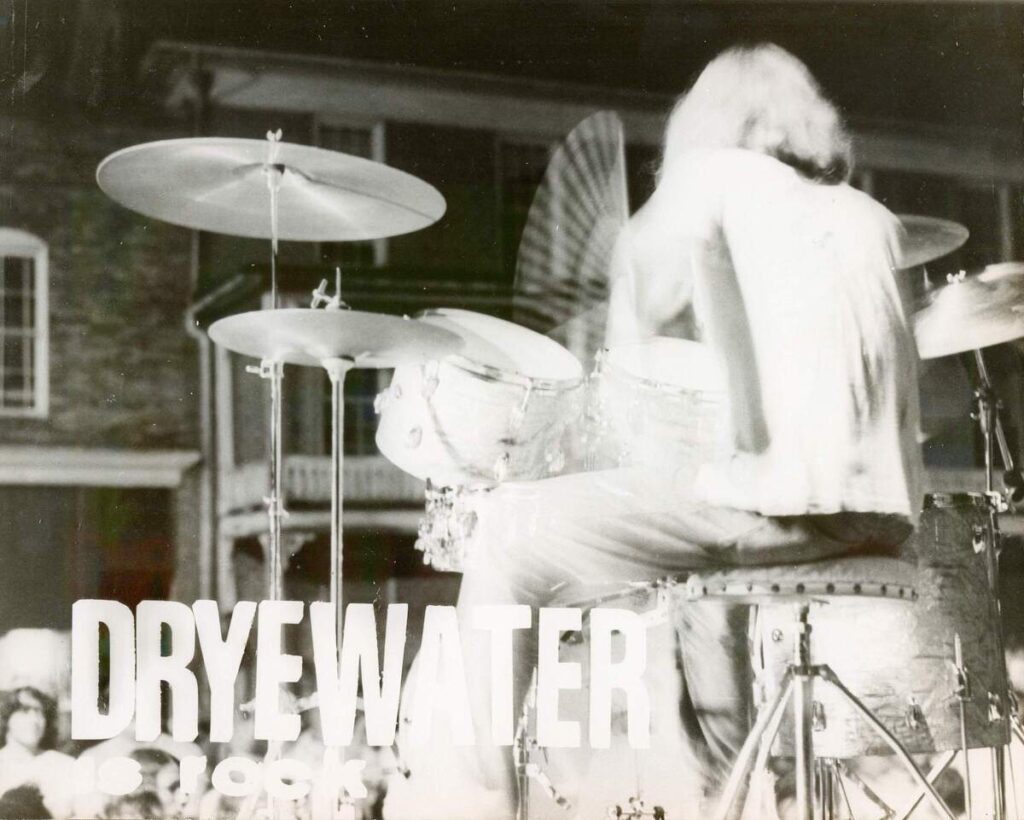
For how long did the band play together and when did you decide to break up?
The members of Dryewater that recorded the record stayed together for about a year.
Is there any unreleased track or even more material available by your band or even by a related project members were part of?
There was one track recorded at Arthur Smith Studios, ‘Don’t Believe Your Mother,’ that was never released.
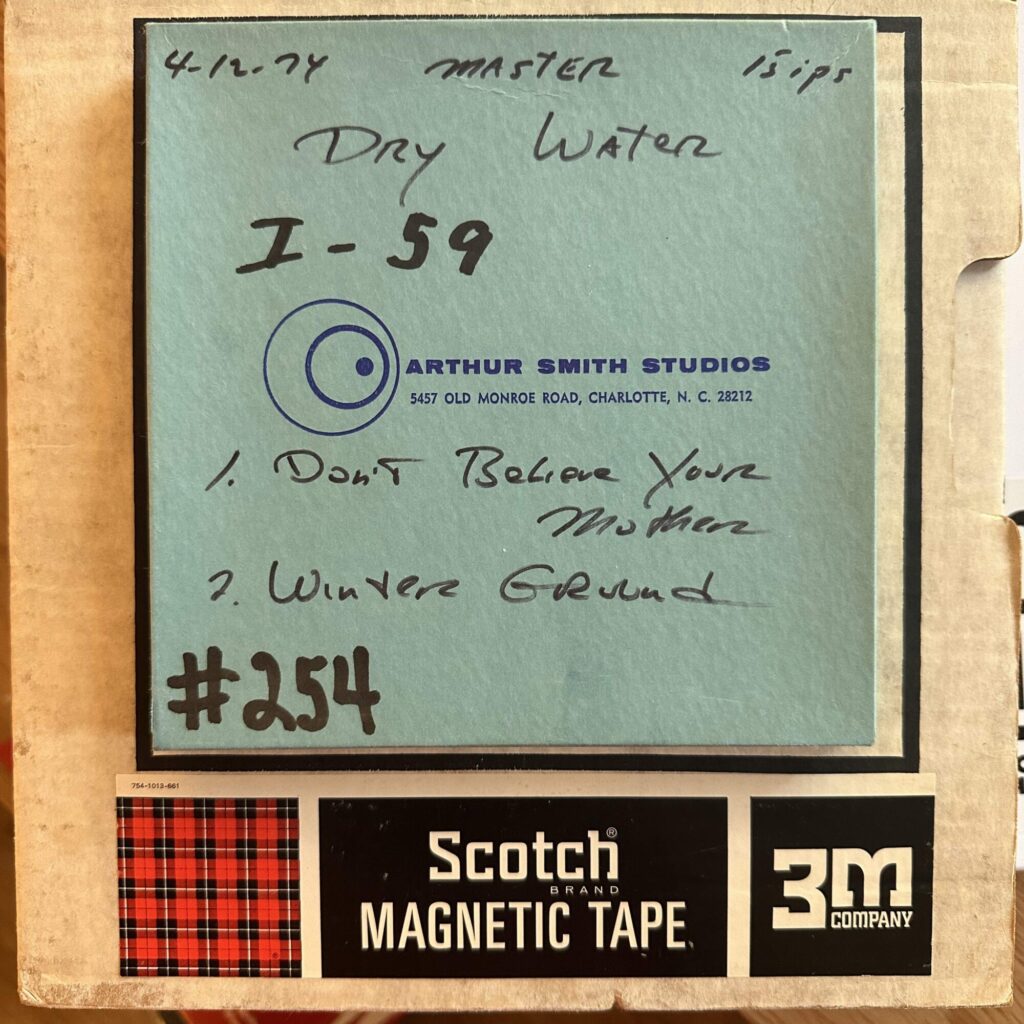
What followed for you and other band members?
Richard died in 1992 after having open heart surgery. He was 42.
Bo killed himself in the mid-90s after having a difficult time with alcohol.
I think Robert lives in Wilmington, NC. He played in other bands after Dryewater and then became an audio engineer at a television station.
I am still hanging in there and am retired.
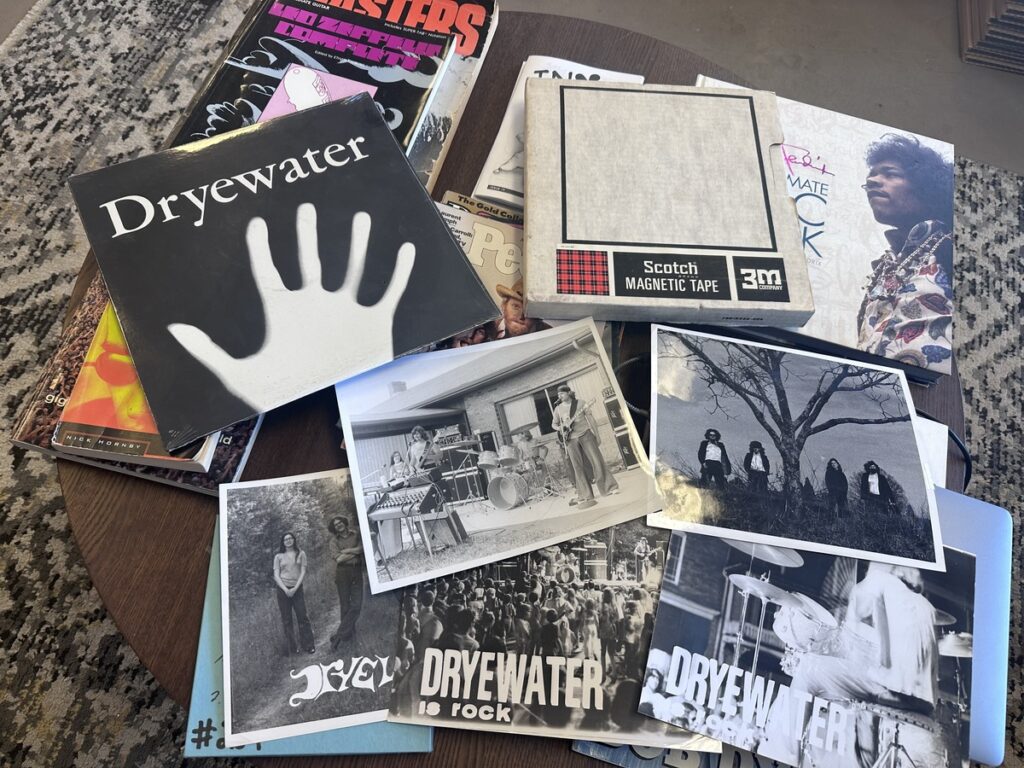
What currently occupies your life?
I still love music. I am retired now. I go to the beach three or four times a year. I love my friends and see them as often as possible.
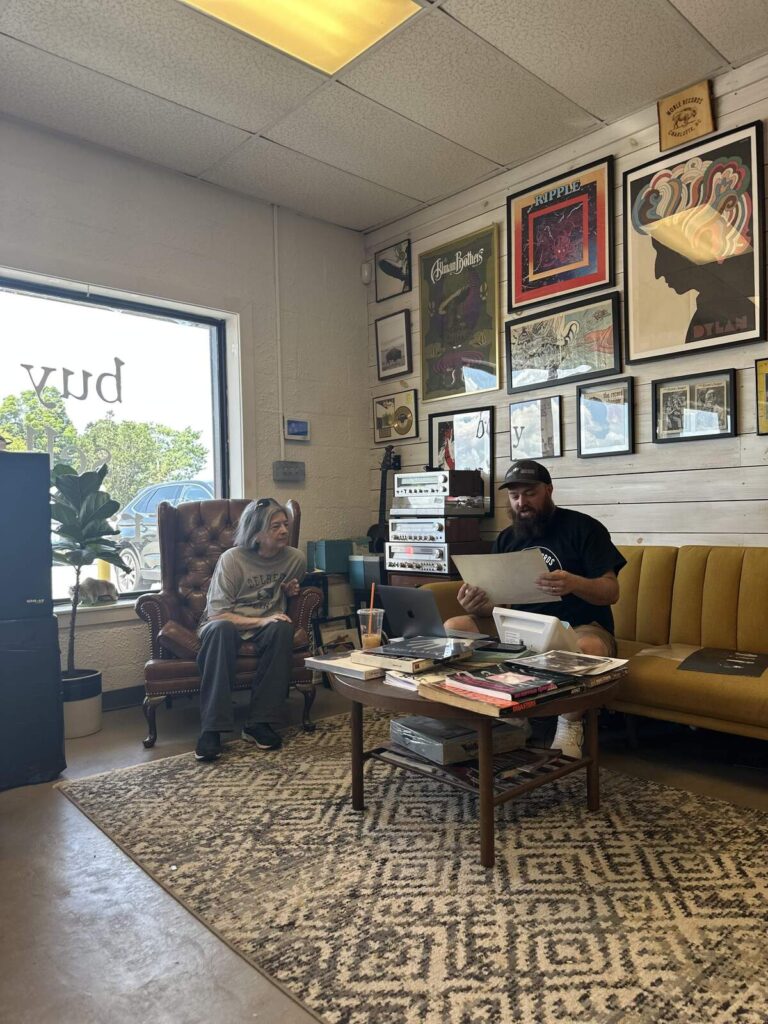
How do you feel that there’s an interest in your music so many years later?
I feel really good that so many people appreciated Richard’s music. He would be thrilled.
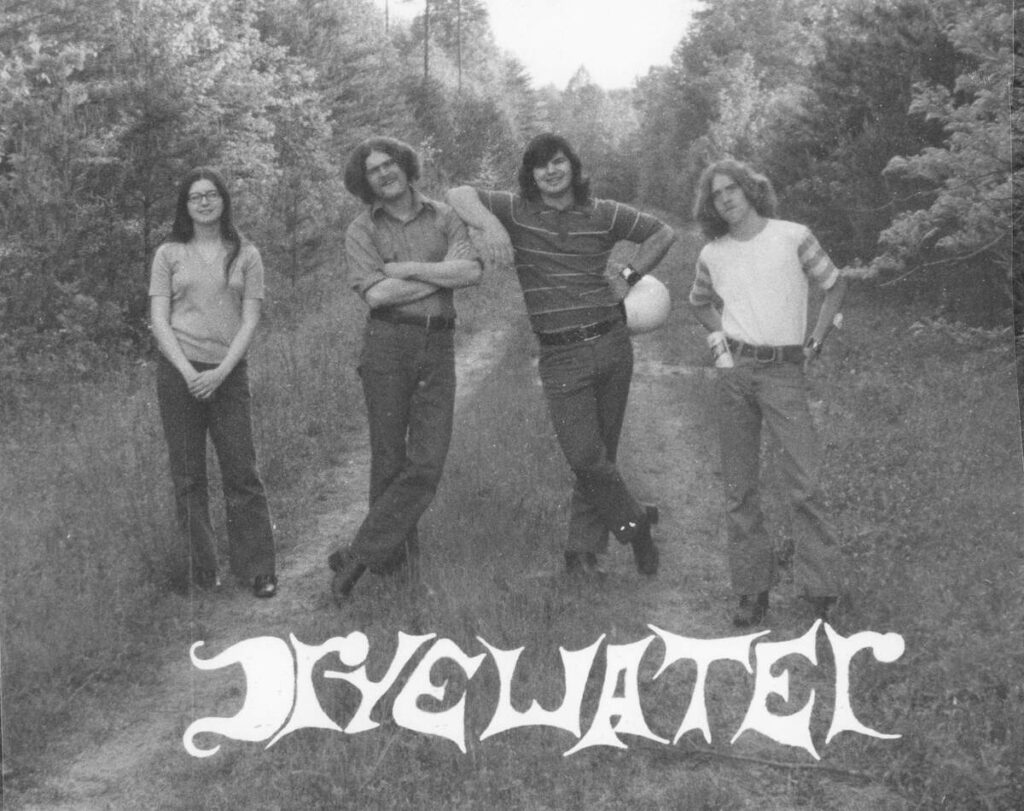
Looking back, what was the highlight of your time in the band? Which songs are you most proud of? Where and when was your most memorable gig?
I loved playing with Richard, Bo, and Robert. The music was just something really special.
My favorite song on the album is ‘Give Yourself Time to Live.’
We were booked at a nightclub in Charleston, SC, for New Year’s Eve. When we got there, the club didn’t appear to be open. It was closed because it had not been doing well. We told the owner that we had a contract and we were going to play. They cleaned up the club and about ten people showed up. We played songs that the people requested and it ended up being a very memorable gig. When we left, we turned on the old bridge and had to circle back to the new bridge, and that scared the crap out of all of us. Loved it!
Klemen Breznikar
Noble Records Official Website / Facebook / Instagram / YouTube

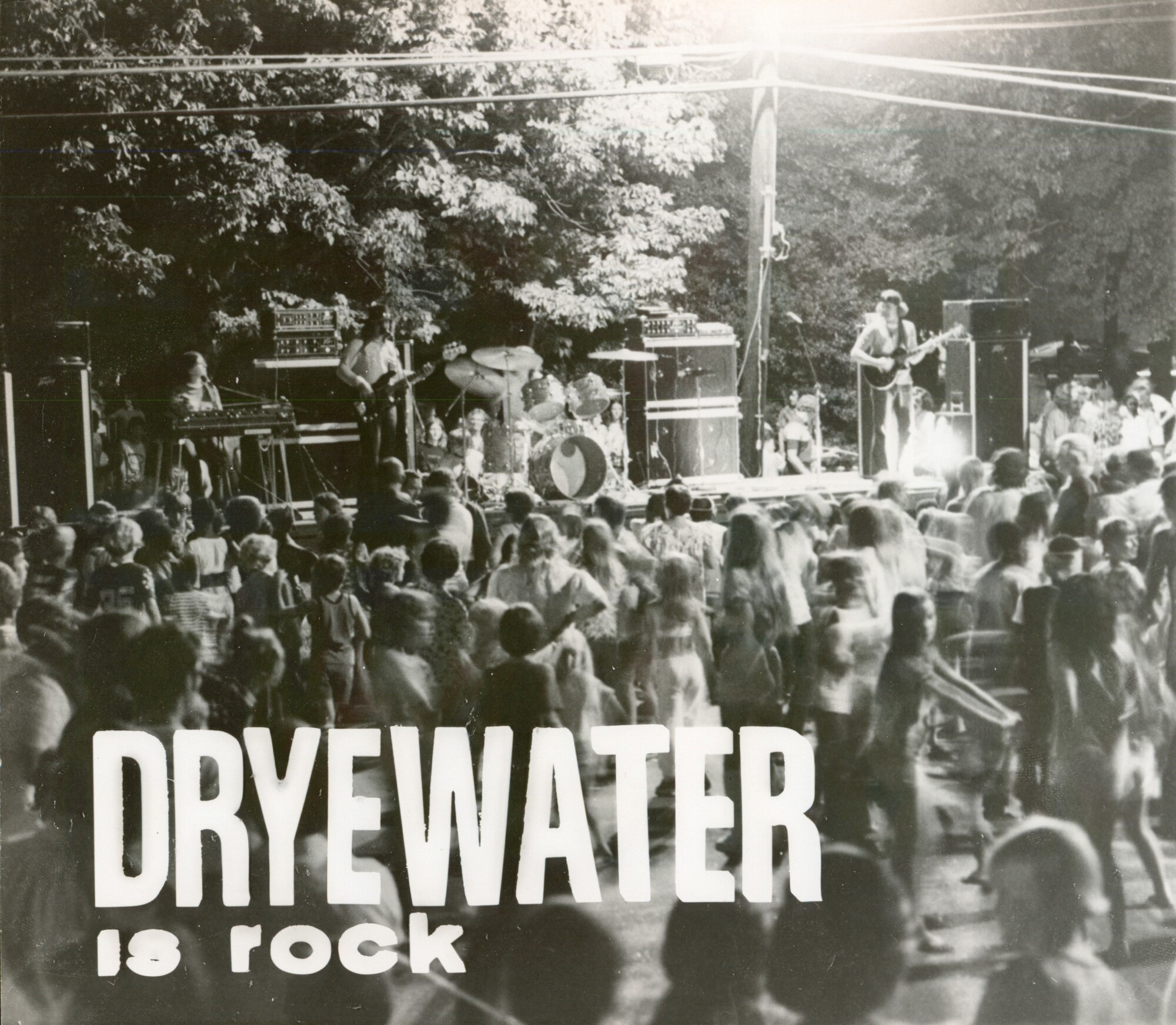



I met Richard at Gaston College. We hung out for a bit. Visited somebody’s recording studio in Gastonia.